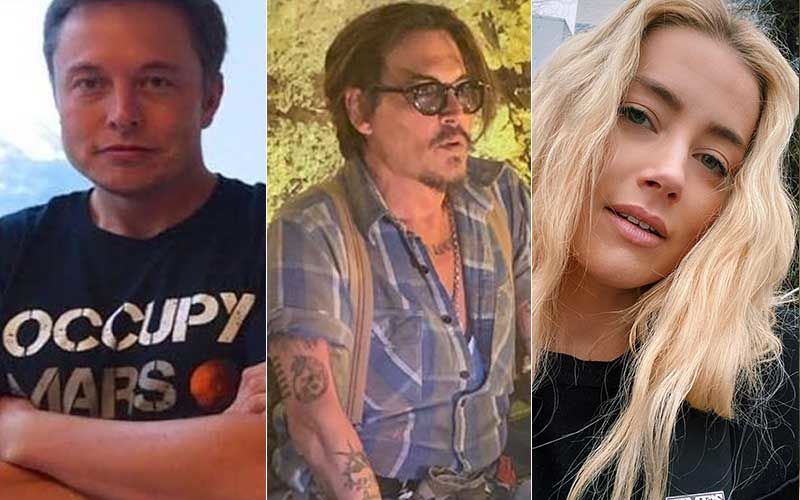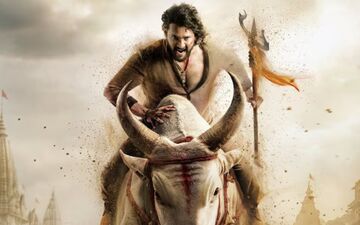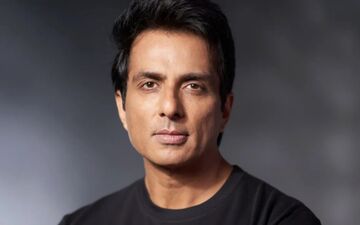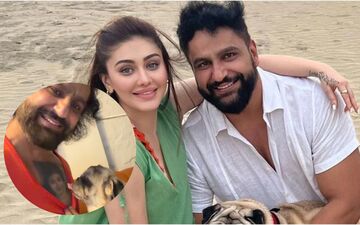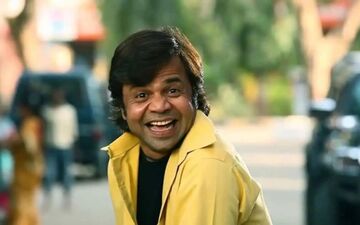Elon Musk Opens Up About Son's Death In A Heartfelt Email Exchange: 'Nothing Worse Than Losing A Child'
Elon Musk has grabbed the headlines for having a magnanimous, empathetic and vulnerable side.
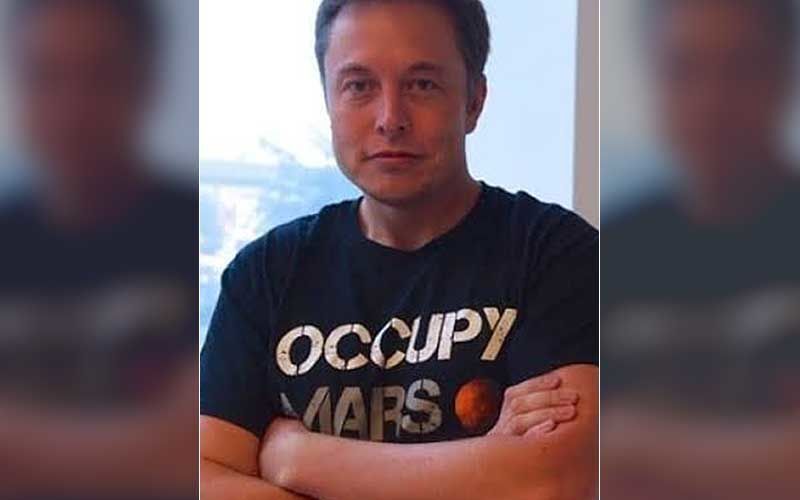
Tesla CEO Elon Musk recently opened up about the death of his firstborn son in 2018 through an email exchange that was made public with the parent of a driver who died in a Tesla crash.
"There is nothing worse than losing a child," Musk wrote in an email to James Riley dated May 10, 2018, reported Business Insider. This email exchange was recently released in a court case filed against Tesla.
In 2018, Riley's 18-year-old son Barrett Riley and his friend died in a car crash when he lost control of a Tesla Model S going about 116 miles per hour and crashed into a concrete wall in Florida.
Incidentally, Musk ensures accountability for every product that he lays out in the market. This time, he has grabbed the headlines for having a magnanimous, empathetic and vulnerable side.
The duty of a leader is to serve their people, not for the people to serve them
— Elon Musk (@elonmusk) February 11, 2022
The series of emails spanning almost seven weeks offers a glimpse into Musk’s personal involvement in customer relations around a horrific accident. He even brings up his own loss, one he has rarely discussed in public.
“My firstborn son died in my arms. I felt his last heartbeat,” Elon Musk wrote, referring to his son Nevada Alexander Musk who died when he was 10 weeks old.
Musk fulfilled Riley’s request that the car company tweak a computerized feature to make it easier for parents to control the maximum speed a Tesla will go.
In June 2018, Tesla sent out a software update to its speed limit feature that would let drivers set the maximum speed between 50 mph and 90 mph through the car’s smartphone app or user interface through a four-digit PIN. Language in the owner’s manual was updated to say the feature was dedicated in the memory of Barrett Riley, reported Bloomberg.
Musk also told Riley that Tesla “is doing everything we can to improve safety. My friends, family and I all drive Teslas, and even if they didn’t I would still do everything I could.”
Almost two years after the email exchange, Riley filed a product liability suit against Tesla in a Florida federal court. His Tesla vehicle’s “burst into an uncontrollable and fatal fire” after the crash, according to the complaint. “Barrett Riley was killed by the battery fire, not by the accident,” he said.
According to the complaint, Riley had asked Tesla to install a speed limiter device in its car for his son’s safety, but it was removed without permission when the car was taken to Tesla to be serviced.
Riley pointed out that if it wasn’t for Tesla’s negligence, the limiter would have prevented the accident and “Barrett Riley would be alive today.”
Currently, the lawyer in the ongoing court case is trying to persuade a judge to order Musk to submit to questioning about Tesla’s Autopilot assisted-driving feature.
Image source: Twitter/ Elon Musk
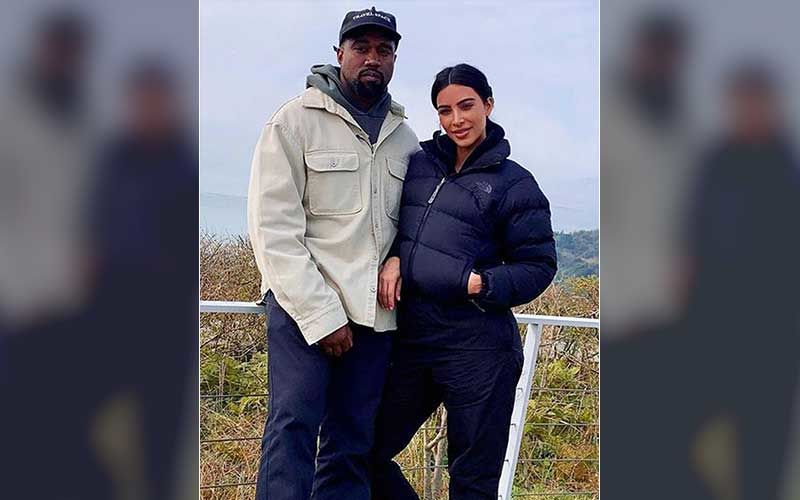

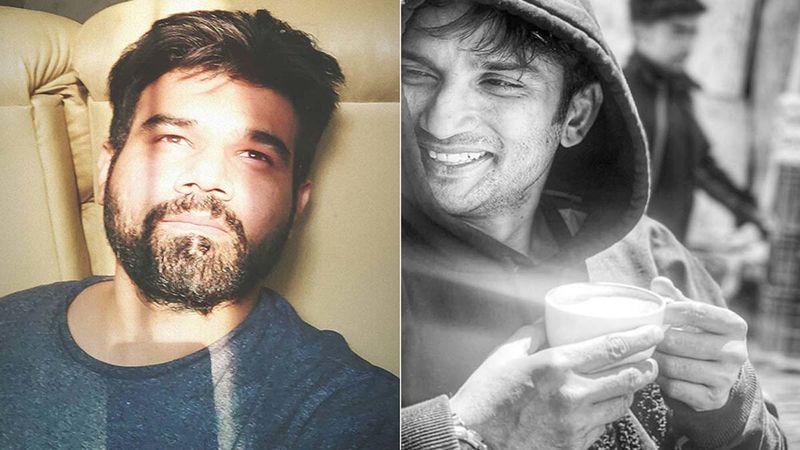
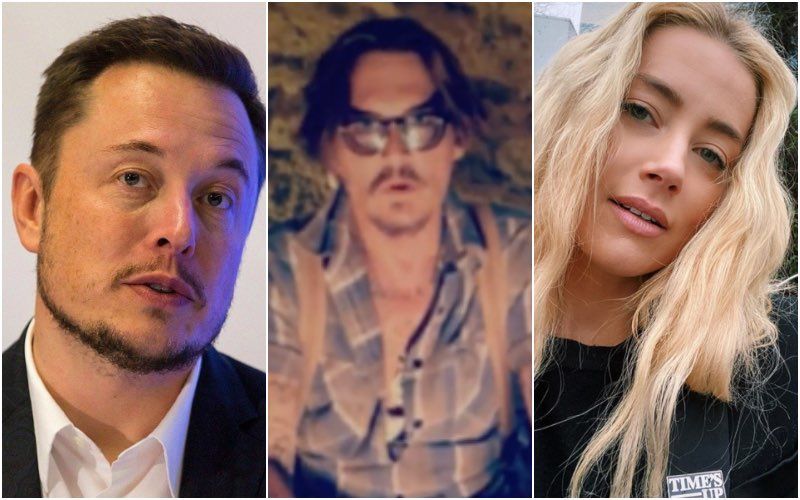
_2021-3-3-10-10-41_thumbnail.jpg )
